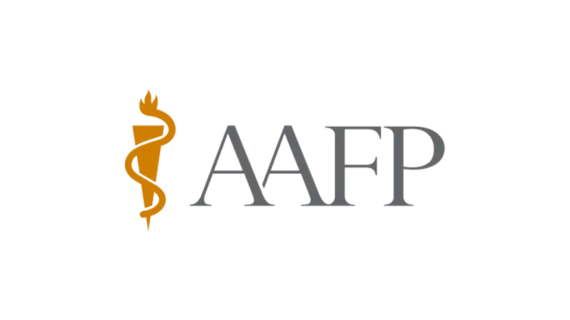AAFP: EHRs ‘suck the life out of everyone that uses them’
A blog post from Shawn Martin, senior vice president of advocacy, practice advancement and policy at the American Academy of Family Physicians, argued the electronic health record (EHR) industry has failed to live up to promises to reduce costs, improve care and help avert dangerous medical errors—and what it needs now is a disruptive infusion of competition.
Martin said he often hears outright disdain for EHRs from all physicians. Looking back at the initial push begun by President George W. Bush in 2004 through the “Promoting Innovation and Competitiveness” campaign, Martin determined that not only have EHRs “failed epically” to meet expectations, but created new problems—like “a plethora of cottage industries and consultants” and heavily contributed to physician burnout.
“I struggle to find an articulate and elegant way to describe what is so frustrating about electronic health records, but I think I have found a way to do so succinctly—they suck,” Martin wrote. “They suck as products, and they suck the life out of everyone that uses them.”
The solutions may not be coming from within, Martin wrote, with powerful EHR vendors and providers settling for incremental improvements while innovators can’t break into the space. The industry “desperately” needs innovation which may be disruptive to those entrenched forces, which the AAFP believes can come from a combination of expanding interoperability to make health IT easier for new entrants, standardizing clinical data and reducing requirements from regulators or payers “which do not add clinical value.”
Read the full blog at the link below:

